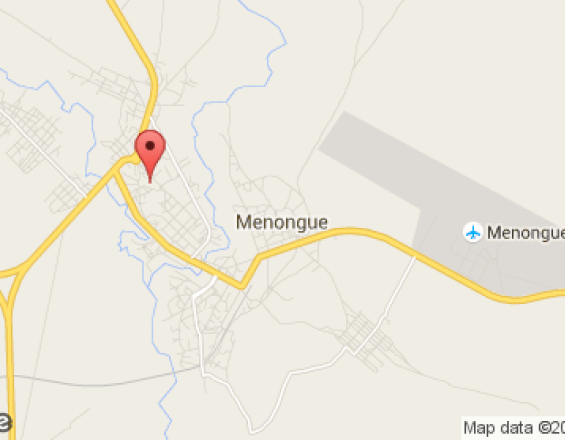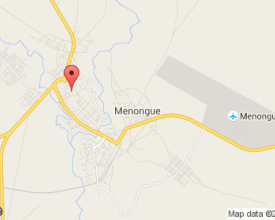Pioneering Africa, Menongue Game Reserve, Angola
Full Solution

Menongue Game Reserve, Angola
TBC
The project entailed establishing a game reserve on a vacant piece of land near the town of Menongue in the Cuando Cubango Province, Angola. Wildlife were extirpated during the civil war and only low densities of wildlife occur in remote areas. Jose Recio is an Angolan business man who wanted to germinate the eco-tourism industry in Angola.
Last update: 29 Mar 2019
4716 Views
Process
Building Blocks
Creating awareness about conservation
We had to overcome problems with land mines, language barriers, cultural differences, lack of knowledge and understanding from all stakeholders, logistical issues with importation of material and translocation of wildlife in order to complete the project. We had to be resilient and resourceful. Resistance was due to lack of knowledge and once we educated the people about what we were doing all the doors opened and we had their support and assistance throughout the project.
Enabling factors
Project development and implementation – being resilience and resourceful in overcoming the hurdles and challenges and getting the right people on board. The project’s success relied heavily on government approvals, authorizations and permits etc, as well as cooperation from officials at ministerial offices, border post and customs etc. Therefore respectful engagement with stakeholders was key and being mindful of their backgrounds & cultural differences and engaging in a manner that generates interest ensured their cooperation.
Lesson learned
Educating and creating awareness amongst stakeholders and team members is crucial. If any one of the stakeholders involved did not cooperate then the project would have failed, in example; delays at the Angola/Namibia border post would have led to animal mortalities during the translocation process.
Habitat suitability analysis
Species composition data were collected and selection criteria for the source wildlife populations included habitat suitability, disease risk, resilience to stress associated with translocation, taxonomy, veterinary regulations with regard to importation of wildlife.
Enabling factors
My experience in research, conducting vegetation assessments, wildlife management and consultation with experts ensured that the species we selected for introduction survived and thrived.
Lesson learned
We will not make headway in conservation if we wait to have all the answers before we take action. Seeking advice, conducting field work and research often provides us with a solid foundation for making decisions.
Employing and training local people as rangers
Local people were employed and the field rangers were trained to do anti-poaching as well as monitoring of wildlife, others attained skills on construction of a game proof fence which are valuable skills in Angola. The value of employment and skills development is huge in rural poverty stricken areas such as this, people were empowered and the local economy boosted.
Enabling factors
Understanding the value of local community involvement in projects such as this is key. Employing and training local community members goes a long way in gaining their support and buy inn. Believing in people.
Lesson learned
Empowering people through skills transfer and employment is key to the success of projects such as this.
Educating and outreach
Educating everyone from the local people neighbouring the reserve to the politicians was the most valuable component of the project. The concept of conservation and the protection of wildlife and our natural environment were completely foreign to them until they had the opportunity to experience it for themselves.
Enabling factors
Engaging will ALL stakeholders, inviting them to visit the area and communicating with them in person.
Lesson learned
Once people became aware of the value of this project and were cooperating at various levels we had overcome 90% of the challenges.
Impacts
The project set an example to politicians and business men that it can be done and also showed them the value of protecting wildlife and the value of eco-tourism especially in places like Angola. The tourism plan for the province was underway and the focus of this provincial tourism plan shifted to eco-tourism as a result of this project. Local people were employed and the field rangers were trained to do anti-poaching as well as monitoring of wildlife, others attained skills on the construction of a game proof fence which are a valuable skills in Angola. The value of employment is huge in an area such as this and the reserve with the lodge has boosted the local economy. Increased understanding of conservation and the protection of wildlife and our natural environment in all targeted groups, from the local people neighbouring the reserve to the politicians in the capital city Luanda.
Beneficiaries
Angolan ecotourism market
